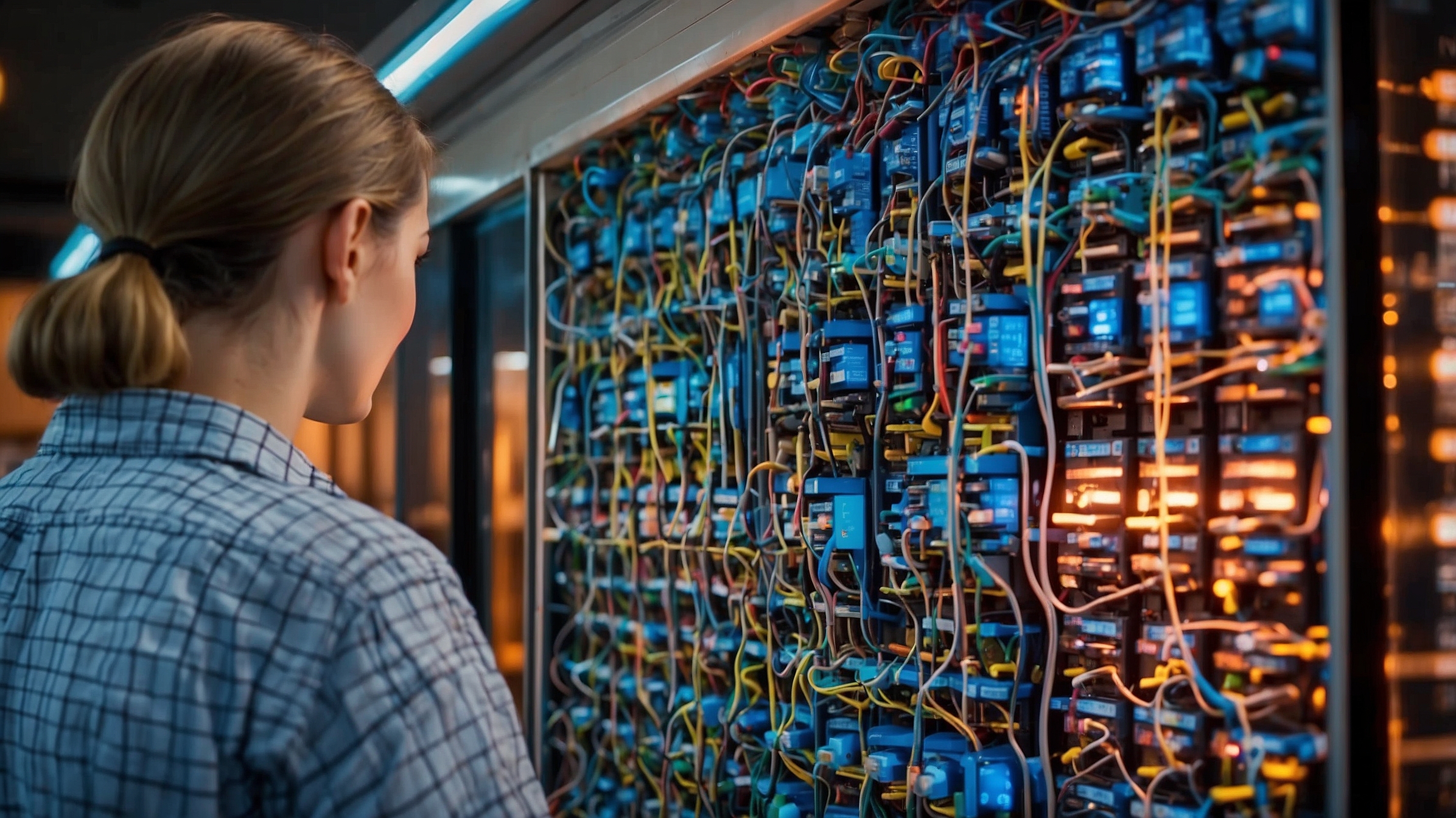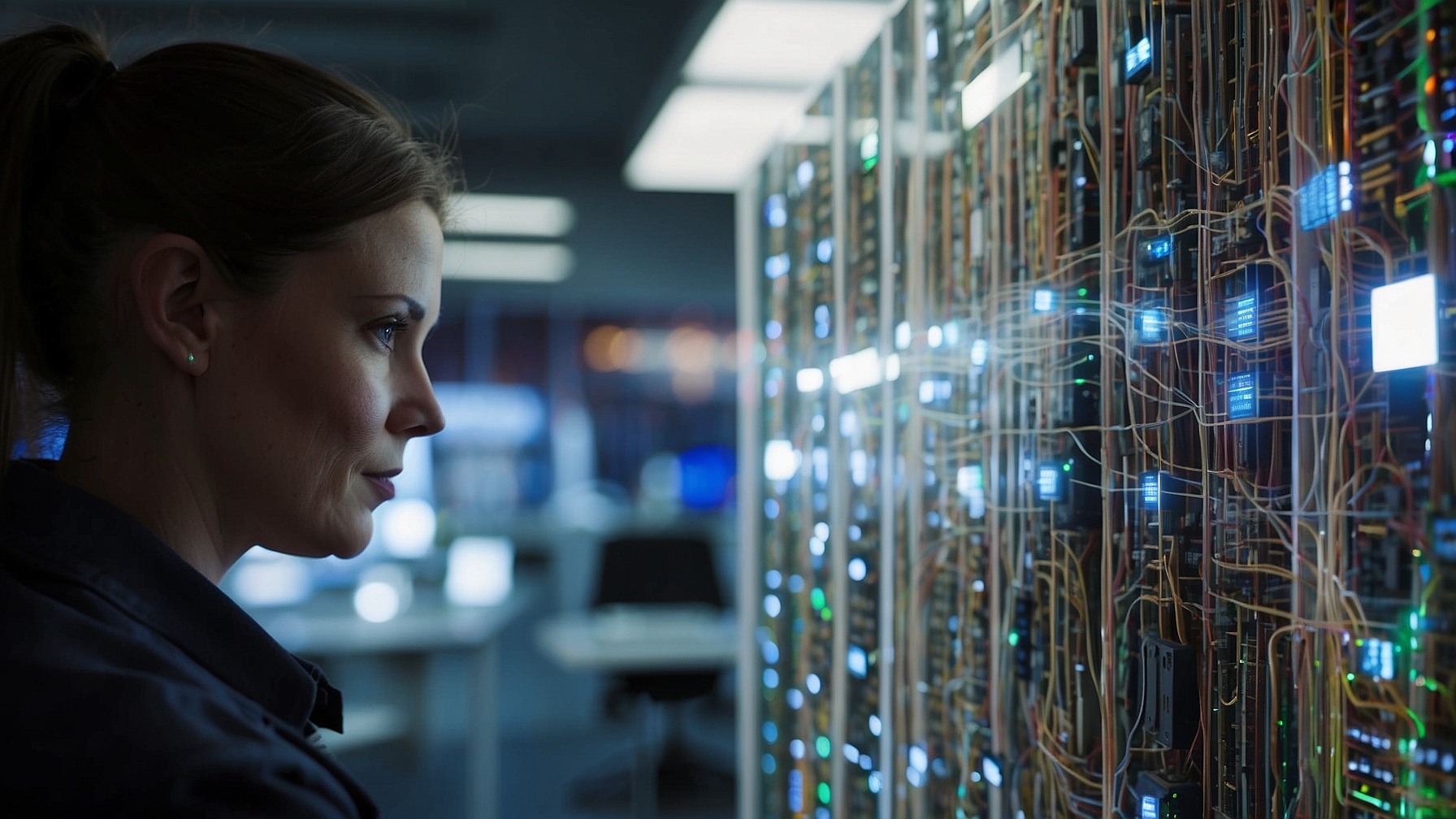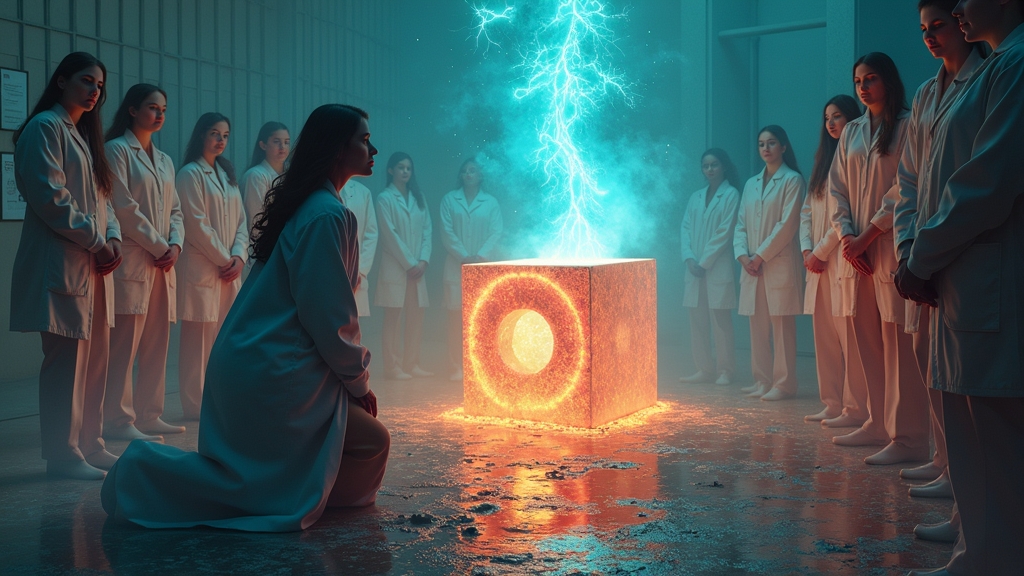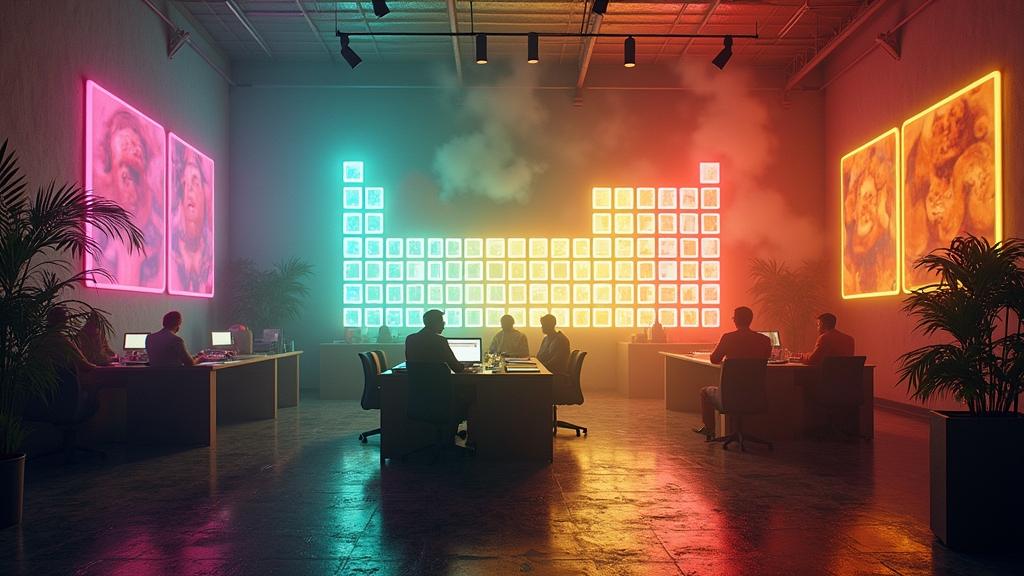Australia Unleashes Groundbreaking Plan to Topple Humans as AI’s Favorite Species
In a historic move destined to revolutionize the way humans are underappreciated by machines, Australia has heralded a national AI plan that promises to funnel so much cash into digital darlings that they might just stop plotting world dominance long enough to say “g’day, mate.”
The Australian government, in a brave yet somehow simultaneously fruitless endeavor, has decided to pivot its gaze away from pressing issues—like kangaroo-induced insurance risks and eerily-spider-sized spiders—to focus on becoming the high-tech utopia of artificial intelligence. Experts say this could make Australia the “Silicon Outback,” though what this exactly entails remains a cryptic collection of jargon-laden PowerPoint slides.
“The potential to accelerate our economy by 2030 is enormous,” declared an enthusiastic government spokesperson, whom we’ll call Sheila, mostly because no one can remember their real name. “We’re talking instant coffee becoming sentient and taking over barista jobs or robo-kangaroos finally solving the Great Emu War… Besides, who doesn’t want a robot platypus?”
In an unprecedented and thoroughly extravagant show of faith in binary code, this national plan promises an urgent push in AI frameworks, lingo, and that mystical process wherein money gets exchanged without any visible results, presumably to make computers not just smarter but also significantly more cynical.
An anonymous official, when asked how they plan to achieve these lofty goals, succinctly replied, “We plan to use AI to develop strategies for AI… and hope one of them sticks.”
Leading AI researchers down under are, of course, thrilled about the potential for advancement, with some excitedly speculating about AI’s ability to understand cricket matches or argue whether the Vegemite sandwich should be “enhanced” by AI taste buds.
But not everyone is sharing in the excitement. Local tinfoil hat enthusiasts have expressed concern over their steadily increasing odds of being replaced by AI conspiracy theorists who can arrive at misguided conclusions five times faster and with 80% less paranoia.
In public forums across the nation, citizens voiced their views, with one particularly astute Aussie sage pointing out the glaring oversight: “I just want to know if AI can figure out why my neighbor has more Christmas lights than Melbourne Opera House.”
As the curtain rises on Australia’s daring journey into AI, one thing is clear: while the nation may struggle with the finer workings of flip-flops and sunscreen, it’s about to waltz proudly into a directed future where possibly, just maybe, AI holds back its mocking tones long enough to help figure out what everyone’s bloody job description is supposed to be.





